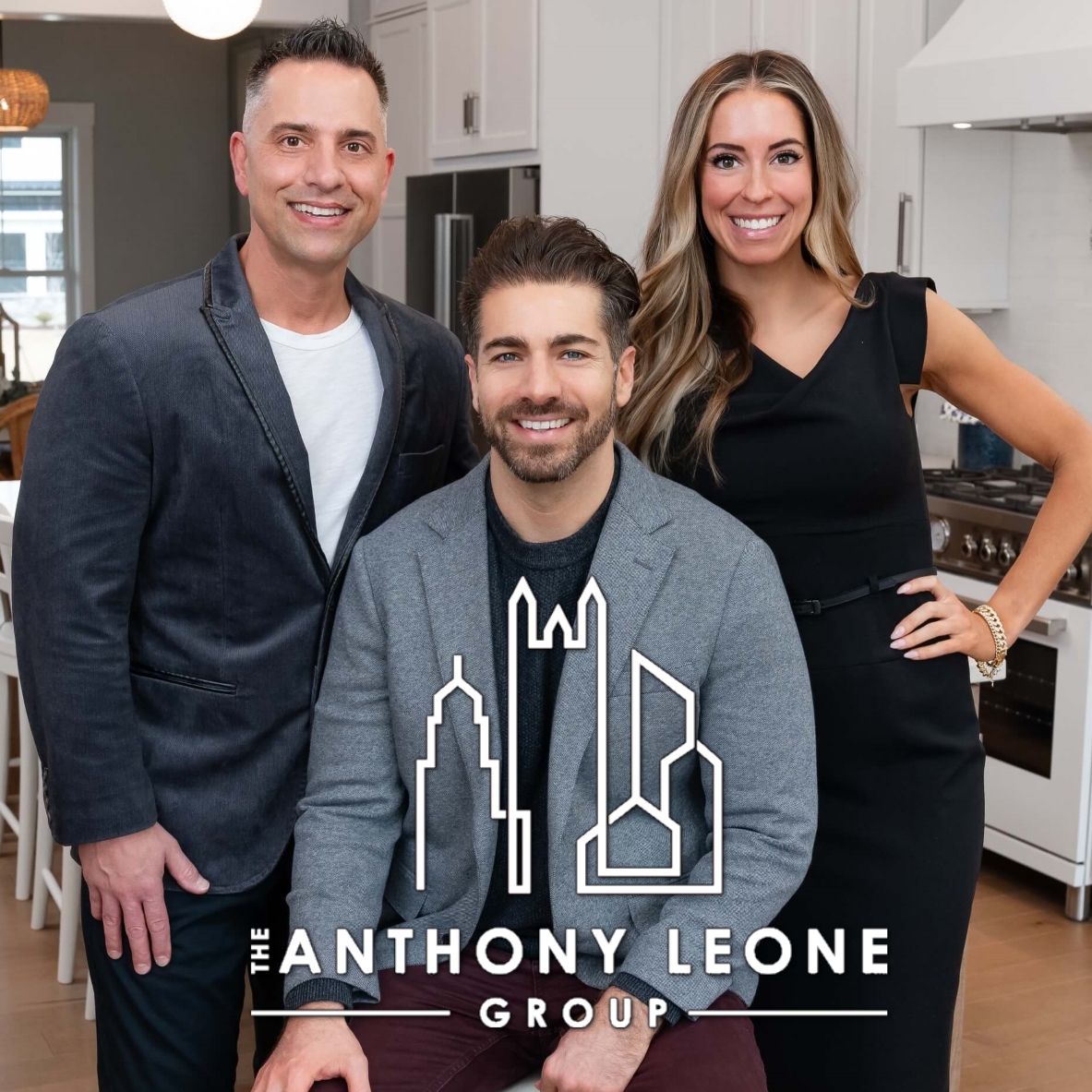When searching for somewhere new to call home, buyers are seeking a property that meets their wants and needs while still meeting their budget requirements. Depending on their needs, some buyers may find they will have to compromise on other aspects of a home. By prioritizing certain aspects over others, many buyers may find themselves looking at homes that, even if they might meet all of their requirements, they still may be compromising on some of the “wants” they’d hoped to get with their new home. Whether you’re looking for a specific size or style of home, a good location, or even elements of a home’s layout like a large kitchen or family area: you never know what you’re going to find out there on the market!
While these wants and needs may be at the front of your mind, budget and timeline are also key factors that can keep a buyer from finding a property that checks all the boxes. Given enough time and money, any dream home is possible… but in reality, compromises are generally the name of the game. Especially for a buyer on a budget, you might have to think outside the box in order to find a home large enough, or in a good location, while still within budget. If you watch enough home improvement television or follow a few real estate influencers on social media, you’re probably already familiar with the concept of buying a “Fixer Upper” — finding a home with good bones, investing some time, effort, and money into the property with renovations and repairs, and then resulting with a truly magnificent home that exceeds everyone’s expectations. These diamond-in-the-rough stories are fun to follow – who doesn’t love to see a powerful transformation? Before you decide that this is the right approach for you, you need to carefully consider the realities of the fixer-upper lifestyle. Don’t dive in headfirst without understanding what this venture really entails!
- The first step in any home purchase is the financial planning. If you’re considering the fixer-upper path as a way to save on initial purchase price, you need to make sure you can cover those costs… as well as what it’s going to take in order to “fix” the fixer-upper. Establish a budget that includes the purchase price (don’t forget any inspection or closing costs, too), and the cost of known necessary repairs and expected renovation or restoration expenses. If you’re financing a home, understand what you’re monthly expenses are going to look like once you’re making a mortgage payment- you may not have much excess cash to invest in both your planned repairs, and any unexpected costs that may come up as you dig deeper into your project.
- The best fixer-upper homes are those that are only in need of cosmetic repairs and upgrades but have a solid foundation and mechanicals in place. These would include projects like an outdated kitchen, functional but older appliances, or lackluster landscaping. Painting and flooring are other cosmetic changes that are relatively easy fixes. These projects will affect the aestheics of the home, but do not prevent you from living in the home. These smaller projects can decrease value of the property when you buy it, giving you room to negotiate on the price. Not only will you be saving up front: you can invest in these projects at your own pace, when the time is right, and the funds are readily available.
- Structural, safety, and health concerns are much more serious aspects that you may uncover while contemplating the purchase of a fixer-upper. For example, a roof that is in need of repair or replacement is something that you won’t want to procrastinate on addressing, should you buy the home. Again, this is where working with a trustworthy inspector will help you better understand the severity of the issues present. While you may be able to notice some red flags yourself, some you may need the help of a professional to identify. Structural condition is a key aspect that should be covered in an inspection, and you might be surprised to learn just how costly some repairs can be- if they’re even possible. Another concern you should look for is water damage- either from external flooding, or from damaged plumbing inside the home. Water damage can be costly to repair and fix properly, and can lead to long term structural issues, mold, and be an indicator of larger problems in the future if the issues weren’t addressed correctly.
- Fixer-Uppers can cost less money, but also take more time and effort. A move-in-ready home is more convenient than a fixer upper. You will need to spend the time and effort to either make the fixes yourself, or to coordinate with the necessary professionals to oversee the repairs and renovations. Either way, it’s a commitment of time and effort that can last months, depending on the number and severity of repairs needed. Also be aware that even the best contractors can still suffer from project delays and cost overruns, meaning that your financial planning and timeline for moving in can be stretched to their limits even under ideal circumstances. Fixer-uppers always involve an extra bit of risk because of this.
- Location and market trends still apply to fixer uppers. If you’ve found a beautiful home in an undesirable area, you will need to carefully consider the impact of the location on value of the property given the location. Looking for developing areas on the upswing can be a good way to find locationally-challenged homes with a bright future ahead of them, but resist the temptation to invest your time and money fixing up a home in an area that’s going to lose value over time. A cosmetically challenged home in a good neighborhood is always going to be worth more in the long run.
- Repairs and renovations don’t just cost time and money, but are also under legal scrutiny in certain jurisdictions. Depending on where the property is located, you may need to work within strict building codes, permit requirements, and zoning regulations. Once you find a fixer-upper that you like, and have an idea of the changes you want to make, do a little research to make sure that you can complete these projects without coming into conflict with local government or other organizations like HOAs.
For buyers on a budget or for those looking to bond with a home as they craft it into their dream home, fixer-uppers are an excellent opportunity- and can be a great investment! By taking a little extra care, you can make a smart purchasing decision that will help protect your financial bottom line, while also avoiding undue stress and drawn-out timelines. Finding the right home isn’t always easy, but it pays to know what to look for! Good luck out there, house hunters!


